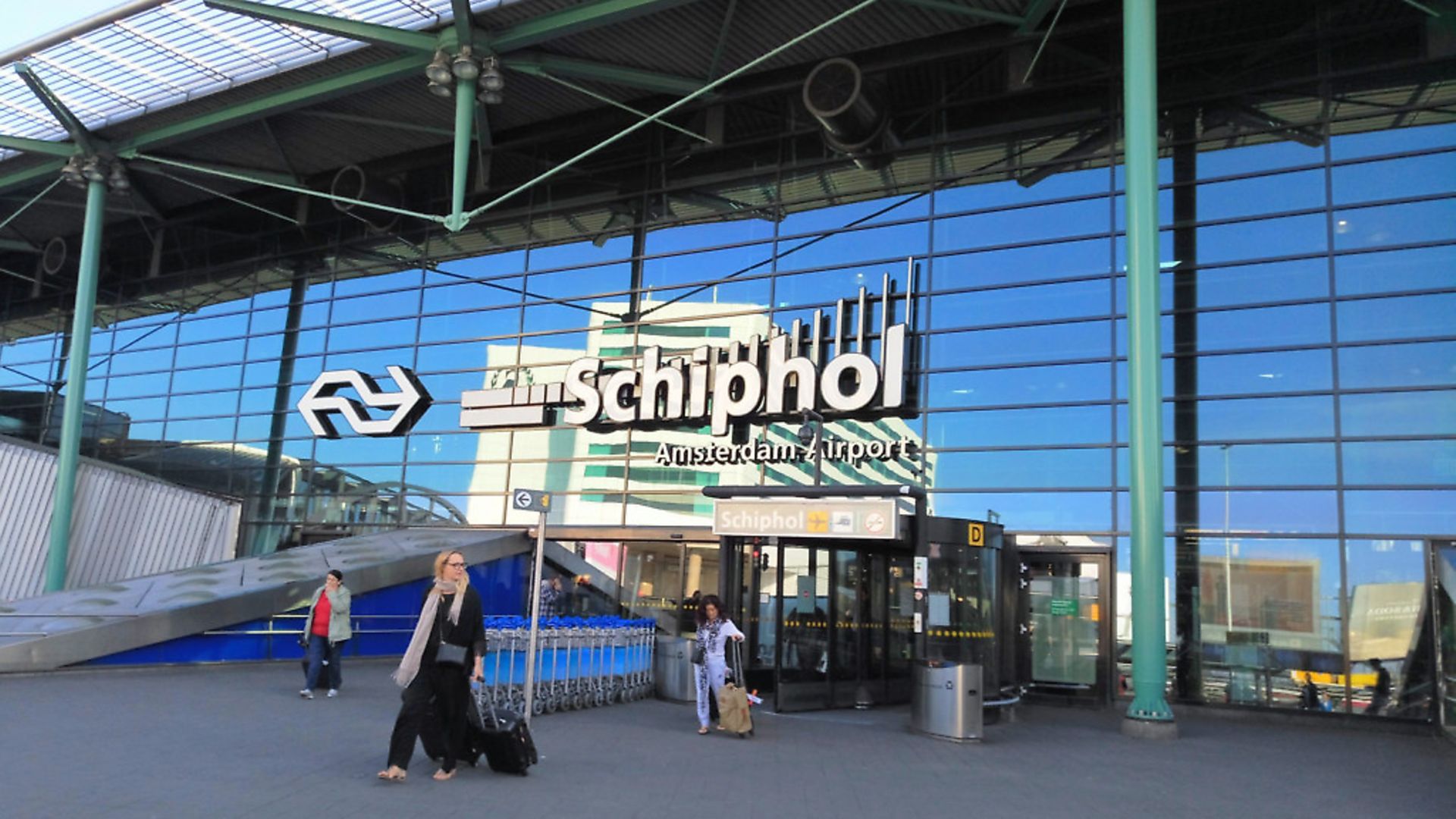
The meaning of the word have has changed over the centuries to denote more dynamic activities, says PETER TRUDGILL
At Amsterdam’s Schiphol airport, passengers are often urged – in announcements made by Dutch people speaking English – to keep their boarding-passes ready. At British airports, passengers are generally asked to have their boarding-passes ready.
American English speakers typically take a shower, take a nap, and take a vacation, while British people are more likely to have a shower, a nap, or a holiday. In the USA, people might be admonished to take a guess or take a look at something, whereas on this side of the Atlantic people mostly have a guess, have a look.
Interestingly, Swedish speakers do the same as Americans when it comes to having a look – they too ta en titt, ‘take a look’. The Portuguese dar uma olhada, ‘give a look’, as do Italians, who dare un’occhiata. In Spanish you echar un vistazo, i.e. ‘throw a look’; and in Catalan you fer un cop d’ull, ‘do a look’.
We see the same pattern at work with British people normally having breakfast, whereas Italians might say far colazione, ‘do breakfast’. Greeks can say tróo proinó, ‘eat breakfast’. And Americans, too, line up with the continental Europeans: instead of saying “shall we have lunch?”, they are just as likely to come out with “should we eat lunch?”.
The general picture is that speakers of British English seem much fonder of using to have than speakers of many other languages – and than speakers of American English – who prefer to use words like take, give, throw, do, or eat instead.
British English was formerly more similar to the other languages in this respect. In the Old English of a thousand years ago, have simply meant ‘to possess’ and could not be used in phrases such as have breakfast. Even in medieval English, we have records of expressions such as take bath, which today would be ‘have a bath’; take ese, rather than the modern ‘have a rest’; take nap, rather than ‘have a nap’; and take reste, ‘have a rest’.
What seems to have happened since the medieval period is that, in British English much more than in the American variety, have gradually acquired more and more active, dynamic meanings. From originally being a verb applying only to ongoing states such as ‘owning’ or ‘possessing’ – as in having blue eyes, or having a new car – it slowly also acquired the sense of something happening, so that it could be applied to actions or events, as in having a coffee, having a good time or having a shower.
How did this come about? There was a gradual process of change in English involving shifts in the meaning of have from the original ‘possess’, to ‘come to possess’ i.e. ‘receive’, to ‘take’, and so on to the active usages we have today, where have can signify eat, drink, perform, do…
It is common for the meanings of words to change over time. Sometimes, words acquire narrower senses than they had previously: deer used to mean ‘animal’ but now has a much more specific meaning. Words can just as easily acquire broader meanings, however: office originally meant ‘function, task, responsibility’.
Readers of this column may want to know why this broadening in the meaning of have occurred in English and not in other languages. While linguists are rather good at explaining why particular linguistic changes do or don’t happen, we are unfortunately not always capable of figuring out why changes happen where and when they do, and not somewhere else or at some other time.
We can at least, though, make an intelligent guess about why in American English have has not changed so much as it has in British English: large numbers of Americans are descended from immigrants who were not speakers of English but of continental European languages such as German, Yiddish, Italian and Spanish.
New York was originally a Dutch colony called New Amsterdam.










